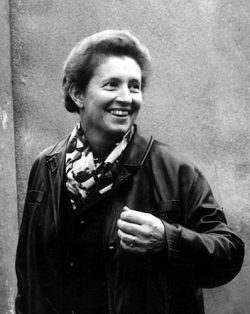The role of protestant women during the 20th century
At the end of the 19th century, protestant women were already very much involved in creating social charities. Early in the 20th century they followed the Anglo-Saxon example and managed associations and assemblies, and progressively expressed their points of view in debates concerning their specific problems.
Young Women's Christian Unions (UCJG)
They were created in 1911 and comprised the “patronage committee”, mainly for the bourgeois class who wished to bring “material and moral support to isolated young women” often coming from the provinces to find a job.
The French Federation of Girl Scouts (FFE)
The pioneer French scouting movement was created in 1912, and flourished especially after WWI and WWII. During the wars women were burdened with heavy responsibilities at home as well as in the companies their husbands had left. They had to develop their fraternity and solidarity skills as well as their justified authority, all fundamental in scouting.
The French federation of Christian students' associations
Better known as the “Fédé”, it assembled young women and young men who had access to the highest university diplomas, endowing them with a great freedom of expression. Within the Fédé theology was reviewed through Karl Barth’s views which played an important role ; but the movement also dealt with the current political issues, such as conscientious objection, decolonisation, and understanding the communist world…
The "Young Women's Movement"
It was founded in 1946 to answer specific questions of young and not so young women, such as:
- the balance between professional and family lives,
- the problems with their husbands and birth-control,
- the responsibilities within the Church,
- the outlook on political problems.
Such were the topics discussed at annual meetings, and in the 6 yearly issues of the “Bulletin”. Their points of view were to enrich and stimulate the protestant world in general.
Women's accession to the pastoral ministry
It was already outlined in the emancipation movement at the end of the 19th century. But women were to be definitely considered as pastors on equal par with men in Lutheran and Reformed churches only in the 1960s.
Progress in the tour
Bibliography
- Books
- CRETE Liliane, Le protestantisme et les femmes, Labor et Fides, 1999
Associated tours
-
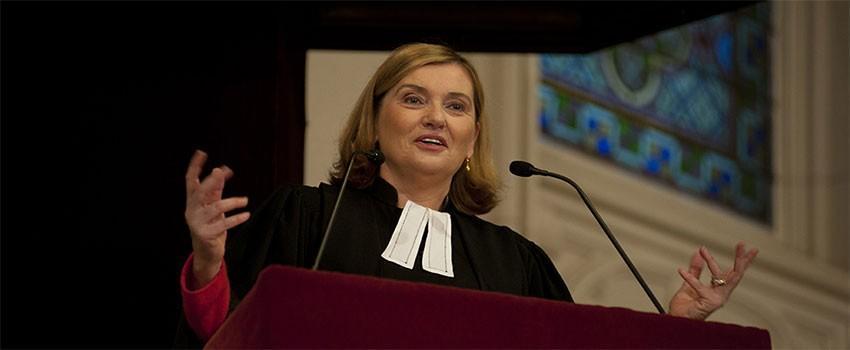
The role of women in Protestantism
From the “good” woman of Proverbs to the woman citizen
Associated notes
-
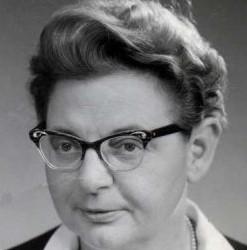
Madeleine Barot (1909-1995)
A woman passionately engrossed in helping her fellow human beings and spreading Protestantism. -
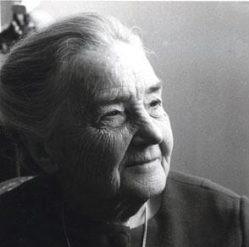
Suzanne de Dietrich (1891-1981)
Born into a Lutheran-Reformed Alsatian family, Suzanne de Dietrich, after having completed engineering studies, became passionately involved in Bible study, with very demanding requirements and openings towards ecumenicalism. -
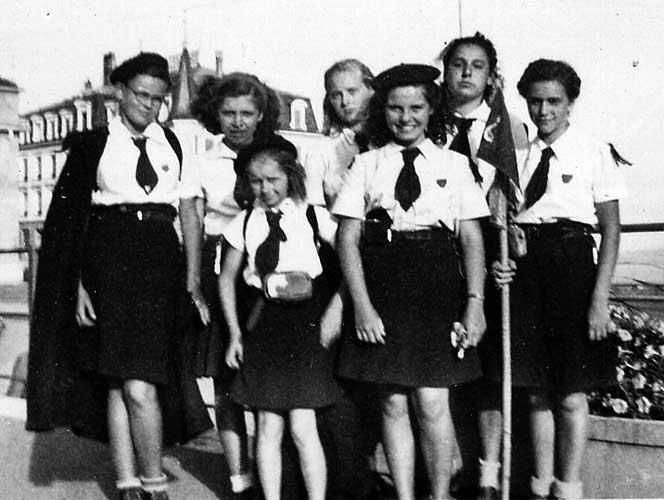
Scouting and women
After the English example female scouting was created with a view to training and managing young women. In 1920 the creation of the Fédération Française des Eclaireuses (FPE – French... -
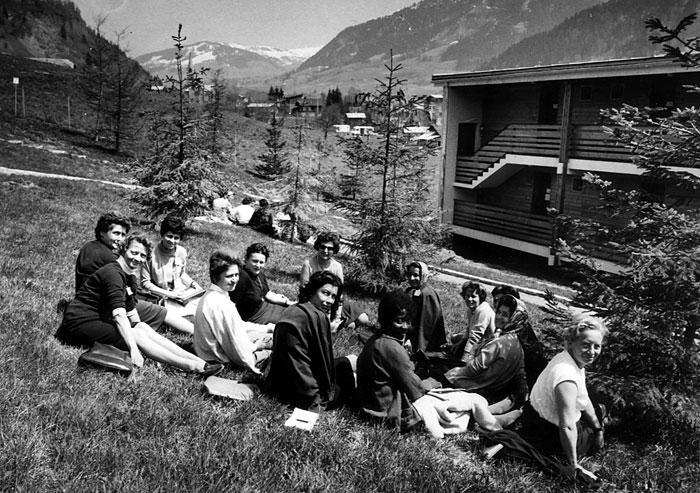
The Young Women's Movement (Mouvement Jeunes Femmes)
The Young Women’s Movement (Mouvement Jeunes Femmes) came into being when, at the congress of the « Young Women’s Christian Association » (Unions Chrétiennes de Jeune Filles) in 1946, some of the... -
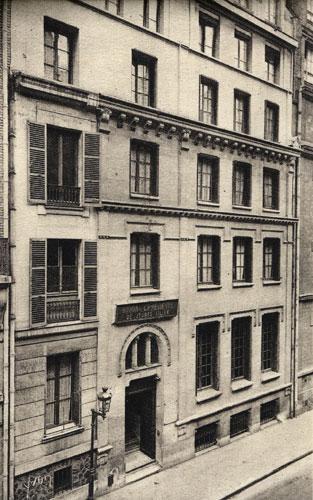
Young Women Christian Unions (UCJF)
Young Women Christian Unions were closely linked to the Revival movement. They were simultaneously created during the first half of the 19th century in Great Britain and in the United...

